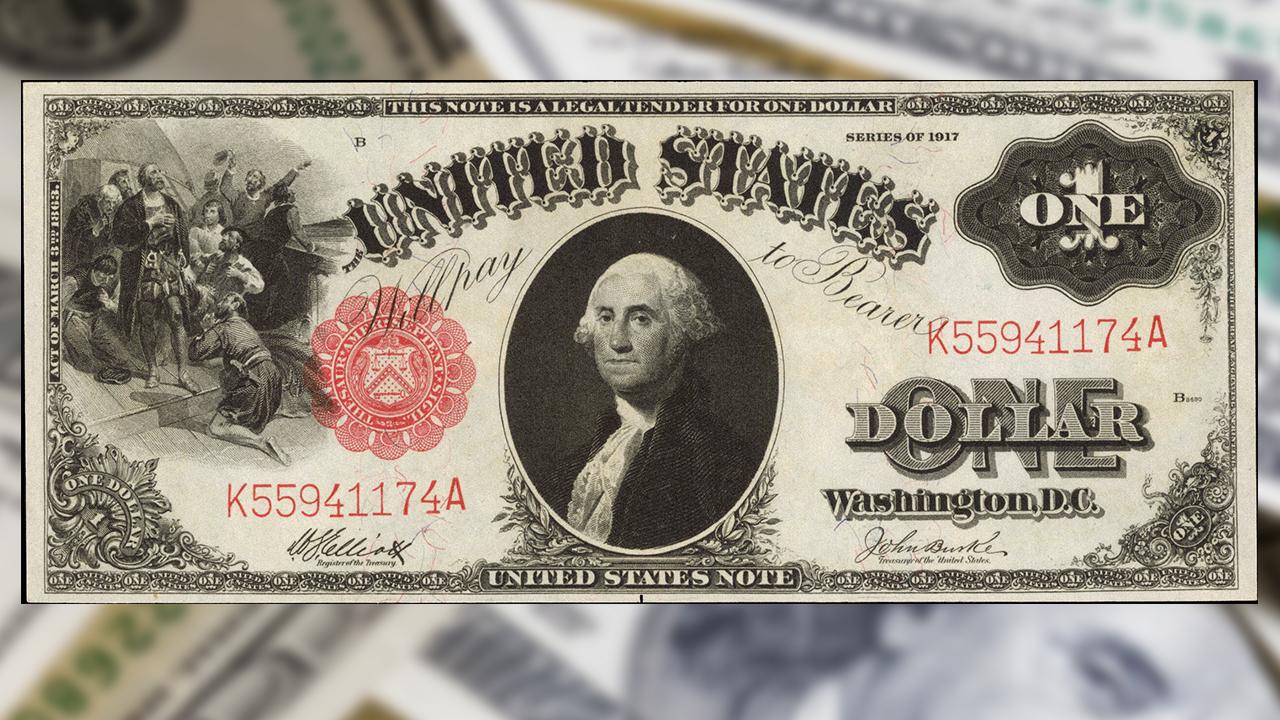Here's how the falling US dollar will affect you
The ICE U.S. Dollar Index (DXY), which compares the value of the U.S. currency to a basket of international currencies, has been under pressure recently. Recently, it has traded around its lowest price point since December 2014.
The DXY had a negative reaction, on Tuesday, to Secretary of State Rex Tillerson’s sudden departure on concerns of how foreign policy will be impacted. From peak to trough on Tuesday the DXY moved from 90 to 89.63, a near 1% swing.
According to Wells Fargo’s Investment Institute, this could just be the beginning. The dollar’s bull market could be coming to an end, and that will have far-reaching effects.
While the U.S. dollar’s slide has recently gathered steam, it has actually been on a long-term (50-year) bear cycle. Recent bull market cycles have only interrupted its long-term depreciation trend, and now, according to the bank, the recent bull-market cycle is ending.
The greenback is the most widely used currency in the world, with roughly 63% off all national foreign-exchange reserves in U.S. dollars, well above the second-ranked euro with 20%. The vast majority of commodities and international transactions and trades are in U.S. dollars. Many economies are pegged to the dollar and some countries have even adopted the U.S. dollar as their official currency.
The U.S. dollar’s status as the world’s most used currency is not in danger, but investment strategies that don't take the dollar's decline into account could expose investors to losses.
Wells Fargo says the answer is to diversify globally. In U.S. dollar terms, international stocks have consistently outperformed domestic stocks when the dollar has depreciated.
Then, why not buy gold?
While many people turn to gold when the dollar depreciates, gold hasn’t been a perfect hedge. During the 1980s dollar bear-market cycle, gold did not provide a performance benefit above U.S. stocks.
Although gold has often provided an effective inflation hedge, it has been less consistent than emerging-market and international developed-market stocks in outperforming domestic stocks in dollar bear-market cycles. For that reason, Wells Fargo recommends investors seeking shelter from the dollar’s depreciation turn to international stocks.




















